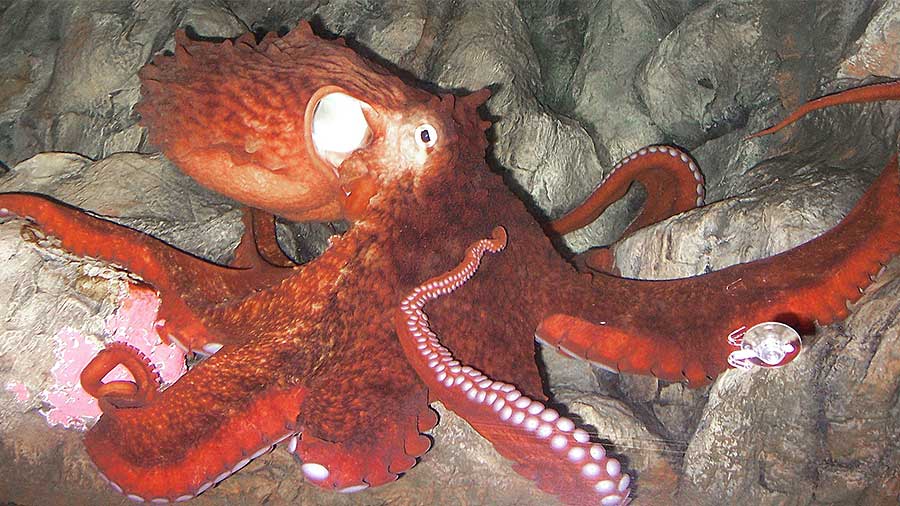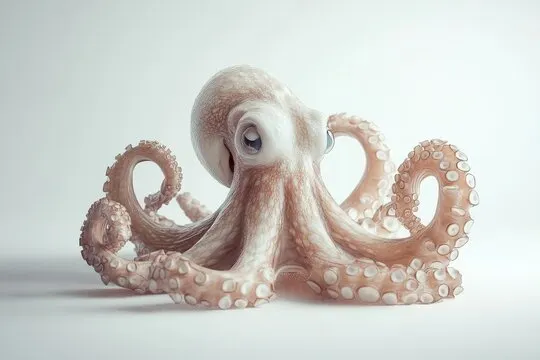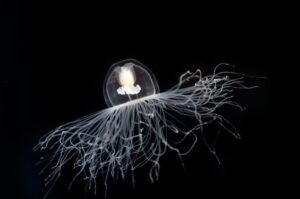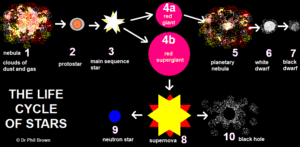
The octopus is one of the most intelligent and mysterious marine creatures in the world. It inhabits various ocean depths, from shallow waters to the dark, high-pressure depths of the sea. With its unique body structure, incredible camouflage ability, and above-average intelligence, the octopus holds many fascinating secrets about how it survives in extreme environments.
Unique Physical Features of the Octopus
An octopus has an extremely flexible body because it has no bones. This allows it to squeeze through narrow gaps between rocks. Each octopus has eight arms equipped with thousands of suction cups that help it grip, sense, and manipulate objects around it.
In addition, the octopus has three hearts and blue blood. Two hearts pump blood to the gills, while the main heart circulates blood throughout the body. Its blue blood comes from a copper-based molecule called hemocyanin, which is more efficient at transporting oxygen in cold ocean temperatures.
ALSO SEE : How to Relieve Stress Through Meditation
Amazing Camouflage Abilities
One of the octopus’s most remarkable abilities is its camouflage. It can change the color and texture of its skin within seconds to blend perfectly with its surroundings. This process is made possible by specialized skin cells called chromatophores, iridophores, and leucophores, which work together to create different colors and patterns.
This skill is not only used to hide from predators but also for communication with other octopuses and to hunt prey undetected.

Remarkable Intelligence
The octopus is considered one of the most intelligent invertebrates on Earth. It can solve simple puzzles, open jars, and even learn to recognize patterns and shapes. In laboratory studies, some species have been observed recognizing individual humans and remembering previous interactions.
The octopus’s brain is highly complex, and most of its neurons are located in its arms. This means each arm can move and respond independently, almost as if it has a mind of its own.
Life in the Deep Sea
In the deep sea, octopuses face extreme conditions such as high pressure, low temperatures, and limited light. Some species, like Graneledone boreopacifica, live at depths of over 1,000 meters. To survive, they rely on extraordinary adaptations such as a slow metabolism and solitary behavior to avoid predators.
Interestingly, deep-sea octopus species are known for having the longest egg-brooding period in the animal kingdom, lasting more than four years. During this time, the mother protects her eggs without eating and eventually dies once her offspring hatch.
Role of the Octopus in the Marine Ecosystem
As both predator and prey, the octopus plays a crucial role in maintaining the balance of marine ecosystems. It helps control populations of crabs, small fish, and mollusks, while also serving as food for larger marine animals such as sharks and sperm whales.
ALSO SEE : The Most Innovative Smartwatches and Smartbands of 2025
Conclusion
The octopus is far from being an ordinary sea creature. It is an intelligent, adaptive, and mysterious being that showcases the extraordinary wonders of ocean life. From its camouflage abilities to its high intelligence, the octopus reminds us that the deep sea still holds countless secrets waiting to be discovered.






